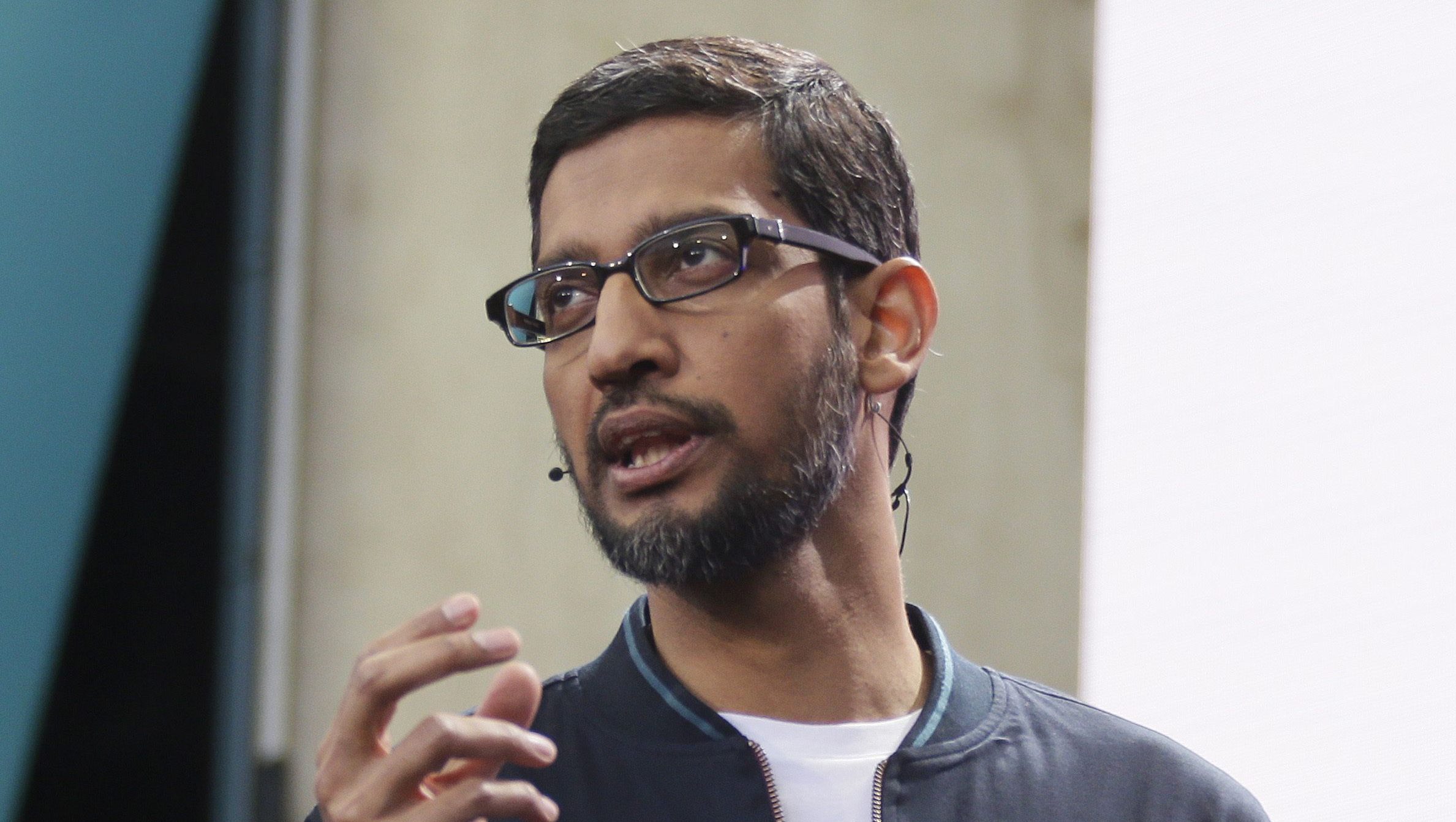Google Chief Sundar Pichai Explains Early-Stage China Plans
By Patrick Frater
LOS ANGELES (Variety.com) – Google CEO, Sundar Pichai says that plans to launch search and news products in China are still at a “very early” stage. He explained that a censored product could serve 99% of queries, while still complying with Chinese government restrictions.
Pichai was speaking on Monday at a San Francisco conference organized for the 25th anniversary of Wired magazine. They are ’s first comments on its projects since Pichai spoke in September at a Senate Commerce Committee hearing.
News of the plans for a return to China, eight years after Google pulled out due to censorship concerns, were first published in August by investigative website The Intercept. Hundreds of Google employees then wrote to management explaining their disquiet about the company’s policy and that some of them had unknowingly been working on a censored app, which had been given the codename Dragonfly.
“We wanted to learn what it would look like if Google were in China, so that’s what we built internally,” Pichai said conference. “It’s very early, we don’t know whether we would or could do this in China, but we felt like it was important for us to explore. I think it’s important for us given how important the market is and how many users there are.”
Earlier this month, U.S. Vice President, Mike Pence called on Google to halt Dragonfly. He said it would “strengthen Communist Party censorship and compromise the privacy of Chinese customers.” Amnesty International and Human Rights Watch called the project “an alarming capitulation by Google on human rights.”
Under China’s 2016 Cybersecurity Law, in force since 2017, all network operators and all companies holding data about Chinese citizens or businesses, are required to locate their servers within China. That is widely understood to give Chinese authorities access to information and potentially to censor or block specific data.
According to sources quoted by The Intercept, the Dragonfly and the news app would comply with Chinese censorship and block search queries such as “human rights,” “Nobel Prize” and “dissent.” The news app would similarly filter out websites currently excluded by China’s so-called “Great Firewall.” These include The New York Times, The Wall Street Journal, the BBC and Bloomberg.

